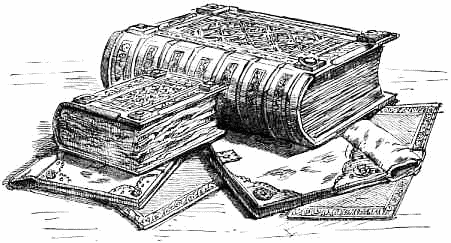Theory of Catharsis: Various Interpretations and Analyses
‘Catharsis’ is a Greek word. It means “purgation”, “purification” and “clarification”. It has been used only once by Aristotle in his ‘Poetics’ while defining Tragedy, “Tragedy then is an imitation of an action that is serious, complete, and of a certain magnitude through pity and fear effecting the proper ‘Catharsis’ of these emotions” Based on the three meanings of the word, ‘Catharsis’ different theories have been evolved to explain Aristotle’s conception of tragic ‘Catharsis. Read More Criticism (A) Purgation Theory (i) Medical Interpretation : ‘Catharsis’ has been taken to be a medical metaphor. ‘Purgation’ denotes a pathological effect on the soul similar to the effect of medicine on the body. Some have referred it to Homeopathic treatment with the like curing the like. Thus, pity and fear are roused and form ‘purgation’ of these emotions. Read More Criticism Thus, ‘Catharsis’ implies relief. As per Pathological treatment with the unlike curing unlike, the arousing of pit





